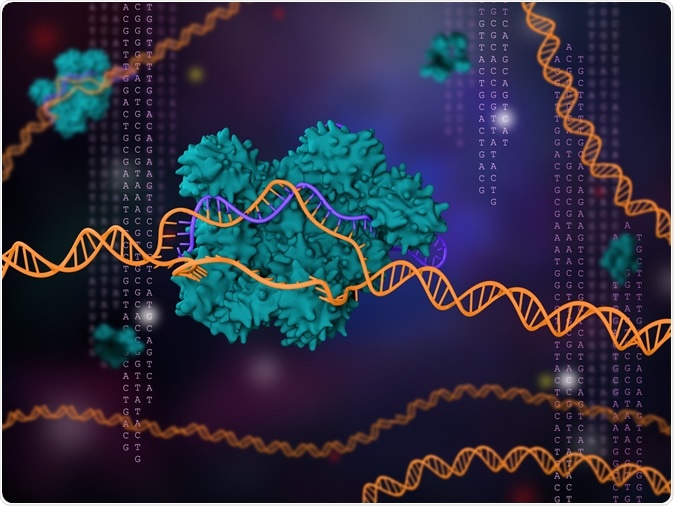The Chinese government has stopped the gene editing works of Professor He Jiankui calling it unlawful and unethical. Notably Professor Jiankui had recently claimed to have produced the world’s first pair of twins who have their genetic codes edited so that they would never be infected with HIV.
Jiankui, last week had claimed in Hong Kong to have used CRISPR/cas9 gene-editing tool to modify and change human embryos and since then implanted these embryos in a woman. He had claimed to be “proud” of his work that resulted in twin girls – Lulu and Nana. He was speaking at a Human Genome Editing Summit at the University of Hong Kong. He included eight couples in his study, he explained. They had HIV positive males and HIV negative mothers. The couples had participated voluntarily in the study. One of the couples dropped out while these twins were born. Another couple was pregnant at present he said. This couple too carried a gene edited embryo. Prof. He said that the babies born were “normal and healthy” and would be monitored for the next 18 years.

3d illustration of CRISPR-Cas9 technology. Image Credit: Meletios Verras / Shutterstock
The news however did not meet the approval of the scientific community worldwide. Scientists and ethicists from around the world have condemned his work stating that this work violates the laws of ethics. The experts have said that he has been unduly experimenting with human embryos and used an unproven and a possibly unsafe technology on human embryos.
The China government in retaliation to worldwide scientific furore has ordered a “thorough investigation” into the project and has stopped further work. The National Health Commission has said Prof He’s work “violates China's laws, regulations and ethical standards” and has said that investigations have been initiated.
China’s vice minister of science and technology, Xu Nanping has said that the government is opposing this project and said in a statement that this experiment on human embryos has “crossed the line of morality and ethics adhered to by the academic community and was shocking and unacceptable.” There are several critics who have blamed the lax regulatory structure of the country for allowing such experiments to happen in the first place.
The report adds that He seemed to be working in an unsupervised lab and did not receive regulatory approvals for his work. He did not file for clinical trial registry of his work until after it was completed and the twin girls were already born. The Southern University of Science and Technology in Shenzhen, where He was employed has said that he was on unpaid leave since February and that the university was unaware of his experiments. He was funding his own research.
The Genetics Society of China and the Chinese Society for Stem Cell Research has also condemned He’s research calling it “extreme irresponsibility, both scientifically and ethically.” He’s work has been opposed by over 300 scientists from China and abroad.
He, in a statement via a spokesperson has said, “I will remain in China, my home country, and cooperate fully with all inquiries about my work. My raw data will be made available for third party review.” His work has not yet been published and his data has also not been scrutinized yet.